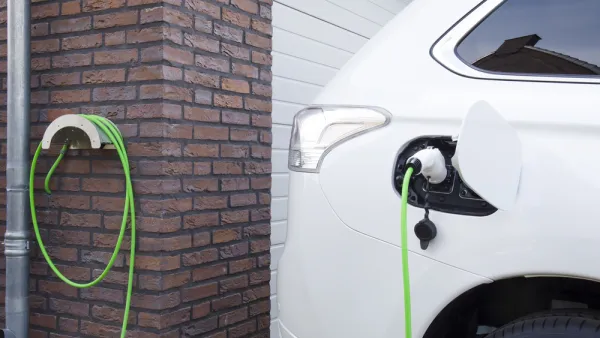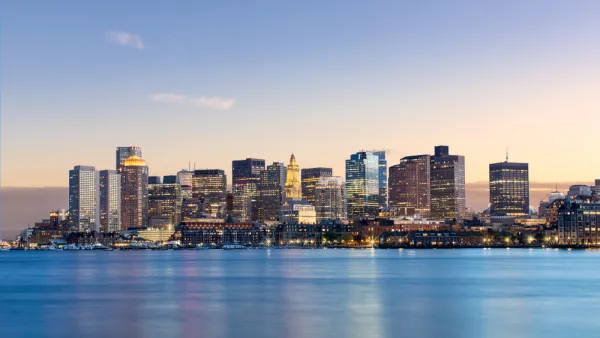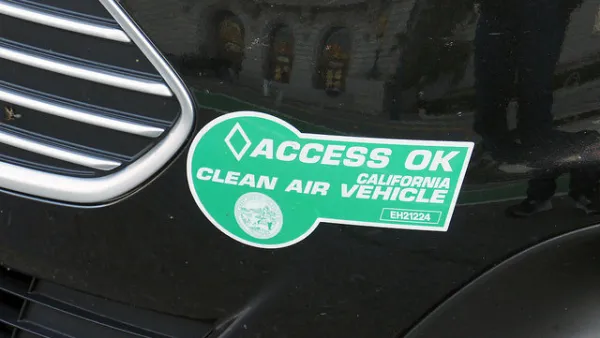Irvin Dawid discovered Planetizen when a classmate in an urban planning lab at San Jose State University shared it with him in 2003. When he left San Jose State that year, he took with him an interest in Planetizen, if not the master's degree in urban & regional planning.
As a long-time environmental activist, he formed the Sustainable Land Use committee for his local Sierra Club chapter and served six years on the Bay Area Air Quality Management District’s Advisory Council from 2002-2008. He maintains his interest in air quality by representing Sierra Club California on the Clean Air Dialogue, a working group of the Calif. Environmental Dialog representing business, regulatory and public health/environmental interests.
Major interests include transportation funding, e.g., gas taxes, vehicle miles traveled (VMT) fees, road tolls and energy subsidies that lead to unlevel playing fields for more sustainable choices.
He hails from Queens (Bayside) and Long Island (Great Neck); received an AAS in Fisheries & Wildlife Technology from SUNY Cobleskill and a B.S. from what is now Excelsior College.
After residing for three years on California’s North Coast, he’s lived on the San Francisco Peninsula since 1983, including 24 years in Palo Alto. Home is now near downtown Burlingame, a short bike-ride to the Caltrain station.
He’s been car-free since driving his 1972 Dodge Tradesman maxi-van, his means to exit Long Island in 1979, to the junkyard in 1988.
Major forms of transportation: A 1991 'citybike' and monthly Caltrain pass, zone 2-2. "It's no LIRR, but it may be the most bike friendly train in America."
Irvin can be reached at [email protected]

Mileage Fee or Annual Fee for Electric Vehicles?
What's the best way to ensure that electric vehicle drivers pay to maintain the roads they drive on, considering they don't pay fuel taxes? A new report from the UC Davis Institute of Transportation Studies was sent to the California legislature.

U.S. Carbon Emissions Increased Last Year After a Three-Year Decline
The sobering news comes from the Rhodium Group, a research firm that tracks CO2 emissions. The preliminary estimate is the third in two months to show an increase in 2018, attributing it to an improved economy and Trump's regulation rollbacks.

Autonomous Driving Technology Might Have Saved Lives
It could have been a multiple-vehicle fatal car crash—a driver fell asleep at the wheel driving 70 mph—but the outcome was two DUI charges.

Massachusetts Tops California in Emission Reductions
California and Massachusetts use the same name for climate change legislation, Global Warming Solutions Act, and set the same target date for reductions, 2020. Both achieved their targets 2016, but the Bay State had a tougher goal to meet.

New Year's Law: Over 200,000 EV Drivers Lost Access to California Carpool Lanes
As many as 215,000 owners of mostly electric vehicles purchased before 2017 lost their privilege to access carpool lanes on New Year's Day. The main purpose of HOV lanes is to reduce congestion.

























